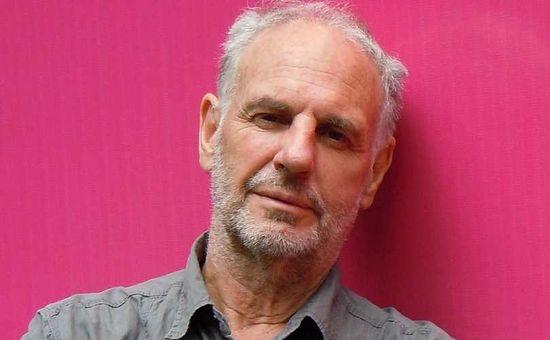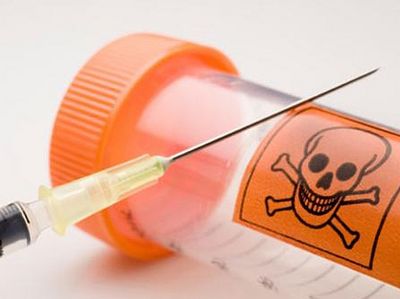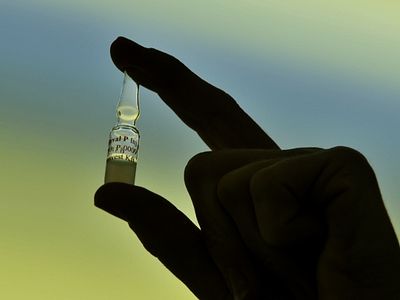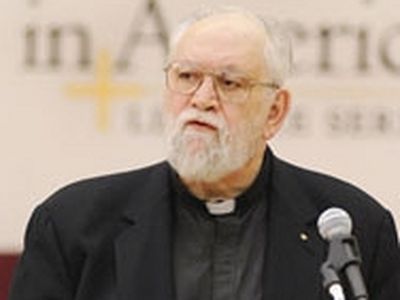Source: LifeSiteNews.com
Adelaide, Australia, October 26, 2015
Australian euthanasia advocate Dr. Philip Nitschke has agreed to 26 conditions being added to his medical registration by the Australian medical board (Australian Health Practitioner Regulation Agency). This effectively prohibits him from taking any role in promoting, providing information about, or instructing regarding euthanasia.
The ban on Nitschke giving advice on methods of committing suicide may help in preventing deaths like that of Australian man Nigel Brayley. As reported last year by LifeSiteNews, Brayley's friends were stunned by his sudden suicide, and it was only when looking through his personal computer that they discovered correspondence between him and Dr. Nitschke. In a media interview Nitschke, presented Brayley's death as being "rational suicide." Brayley had suffered from depression after the death of his wife.
The emails from Brayley also told Nitschke of Brayley's intention to commit suicide in the following fortnight.
During last-minute negotiations, Nitschke agreed to the board's conditions in order to avoid what may well have been the largest medical trial in Australian history. The hearings had been estimated to run from four to six weeks, and LifeSiteNews understands that they were scheduled to begin on November 16 in Darwin. This will put an end to investigations that had run for over three and a half years.
Nitschke is now restricted regarding prescribing types of drugs including barbiturates and opiates and must practice medicine under the oversight of a board-approved supervisor, who will review his medical treatment and the decision-making involved. For the next two years, he must also submit to quarterly audits of his medical records.
He is also restricted to practicing medicine in the Northern Territory, where his medical registration is based. Nitschke currently resides in South Australia.
He is prohibited from providing advice on where to source or how to manufacture the drug Nembutal, on testing it for purity, and on how to hide it from the police and other authorities. Nembutal is presently the drug of choice for the "right to die" movement and is commonly used by veterinarians to euthanize animals by "putting them to sleep."
Nitschke is required to permanently remove his name from the "Peaceful Pill handbook" and to remove and prevent access to videos regarding the purchase of that book. He will also have to discontinue his involvement with its associated website and online discussion forums.
Under the new conditions on Nitschke's medical registration, he must not support, endorse, or encourage the suicide of any patient or member of the public. He must instead refer the person on to a registered health practitioner in a timely manner.
In an Exit International press release that was approved in advance by the Australian Health Practitioner Regulation Agency, Nitschke stated, "I have agreed to these conditions being imposed in order to put an end to this matter with the Medical Board." He would not comment further.
Paul Russell, director of the anti-euthanasia group HOPE, made one of the original complaints against Nitschke. He told national radio program "PM" last week that he believed that this pre-trial agreement was actually a "plea bargain" by Nitschke to prevent the publication of the details included in the twelve complaints made to AHPRA.
Speaking to LifeSiteNews, Russell said, "The Australian public deserves the full story. If it's not good enough for a doctor to be involved in suicide coaching, then it's not good enough for anyone." HOPE and other organizations are now calling for a public inquiry in to the operations of Exit International and Dr. Philip Nitschke.




